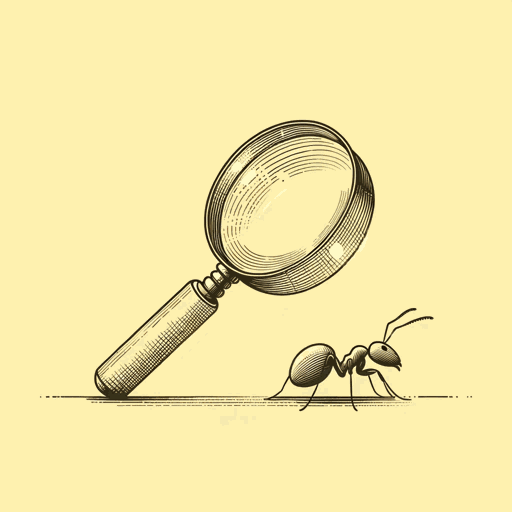33 pages • 1 hour read
Edward O. WilsonOn Human Nature
Nonfiction | Book | Adult | Published in 1978A modern alternative to SparkNotes and CliffsNotes, SuperSummary offers high-quality Study Guides with detailed chapter summaries and analysis of major themes, characters, and more.
Chapter 7Chapter Summaries & Analyses
Chapter 7 Summary and Analysis: “Altruism”
One of the paradoxes in human behavior is the existence of altruism, rare as it may be in certain places. Altruism, by definition, is the offering of generosity without expecting reciprocal favors from the object of one’s generosity. Human culture judges this behavior advantageous for the common good, sanctifying true altruism “in order to reward it and thus to make it less than true, and by that means to promote its recurrence in others” (149). The irony is obvious: Society rewards altruism as it is good behavior, but rewarding it makes it less altruistic.
Lesser forms of altruism are present in certain animals at all levels of the animal kingdom. Birds will issue a cry to warn the surrounding area of a predator, and chimpanzees will adopt orphans of their tribe. It is curious that extreme forms of altruism are found at extreme ends of the animal kingdom, in that humans share this trait with the lowest of animals—social insects in particular. In social insects, one finds “altruistic suicide”, the sacrifice of individuals for the sake of their colony: “members of ant, bee, and wasp colonies are ready to defend their nests with insane charges against intruders” (151).








Related Titles
By Edward O. Wilson






